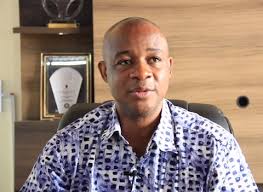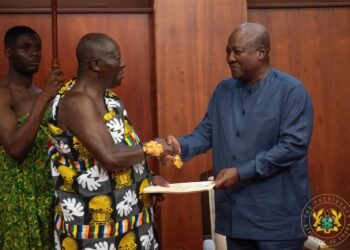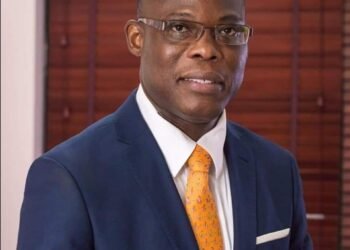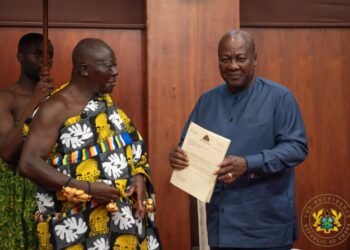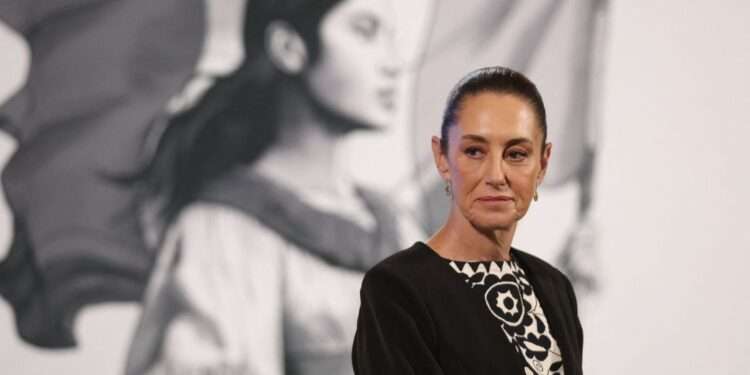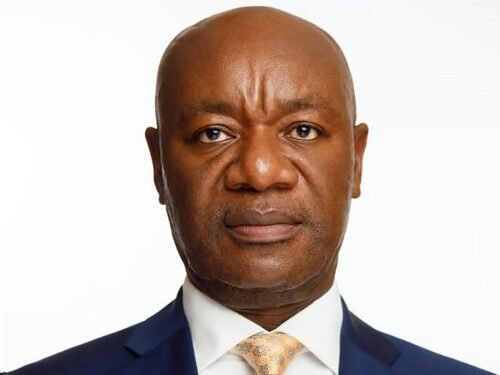The Executive Secretary of the National Commission on Small Arms and Light Weapons, Dr. Adam Bonaa, has endorsed the government’s decision to withdraw military protection from the Electoral Commission Chairperson, Jean Mensa, stating categorically that the military has no business performing bodyguard functions in a democratic setting like Ghana’s.
Speaking in support of the controversial decision, Dr. Bonaa questioned the rationale behind assigning soldiers to guard civilian officeholders, insisting that such deployments betray a fundamental misunderstanding of the professional roles of the country’s security institutions.
Dr. Bonaa was unambiguous in his assessment, noting, “Military officers are not bodyguards. Military officers are fighters.”
According to him, it is improper and inconsistent with “international best practice,” to train combat-ready soldiers only to assign them to domestic personal protection roles which are clearly within the remit of the Ghana Police Service.
“In which country do you go to and see these kinds of things? It’s as if we do not know the work of the military. You don’t train military officers to be bodyguards. Bodyguard services are the preserve of the police – they are trained to do that”
Dr. Adam Bonaa, Executive Secretary of the National Commission on Small Arms and Light Weapons
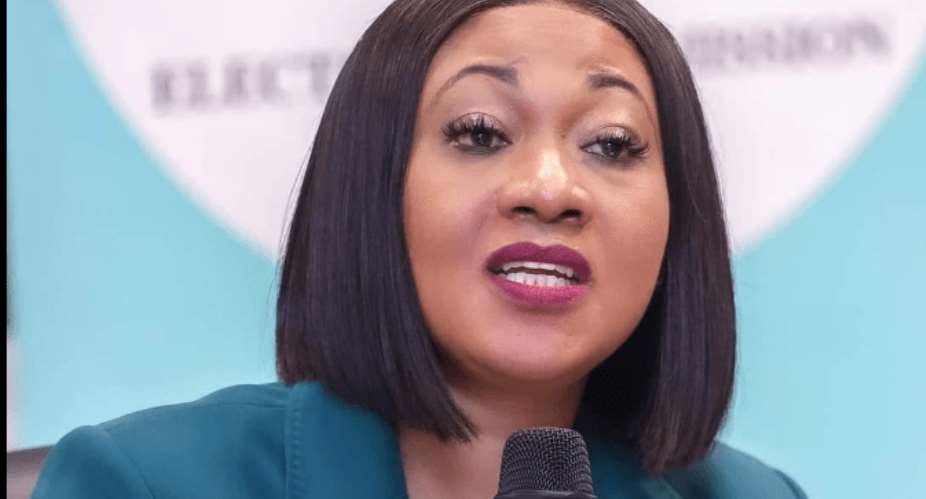
“You don’t train a military officer and put him in front of someone’s house because the person is Minister of Defence,” the Small Arms Commission boss said, criticising past decisions that allowed soldiers to be stationed at the residences of civilian officials. “The person is within the military structure. They have their own way of doing things.”
Best Practices Ignored
Drawing from global standards, Dr. Bonaa suggested that Ghana should align its internal security arrangements with the norm in more advanced jurisdictions.
“If you’ve gone out there, you would notice that you don’t even see military officers in town,” he said, explaining that such patrol and civil protection duties were the prerogative of the police and should remain so in Ghana too.
He argued that the sight of military personnel performing routine protection roles, especially in urban civilian contexts, is more a reflection of institutional failure than it is of necessity.
“The EC chair, I must say, does not need and should never have been provided with military officers,” he said firmly. “To do what? Is Ghana at war?” he asked rhetorically.
Dr. Bonaa’s comments come at a time when the new government is undertaking a recalibration of the security architecture in a bid to restore professionalism and clear lines of duty among Ghana’s security agencies.
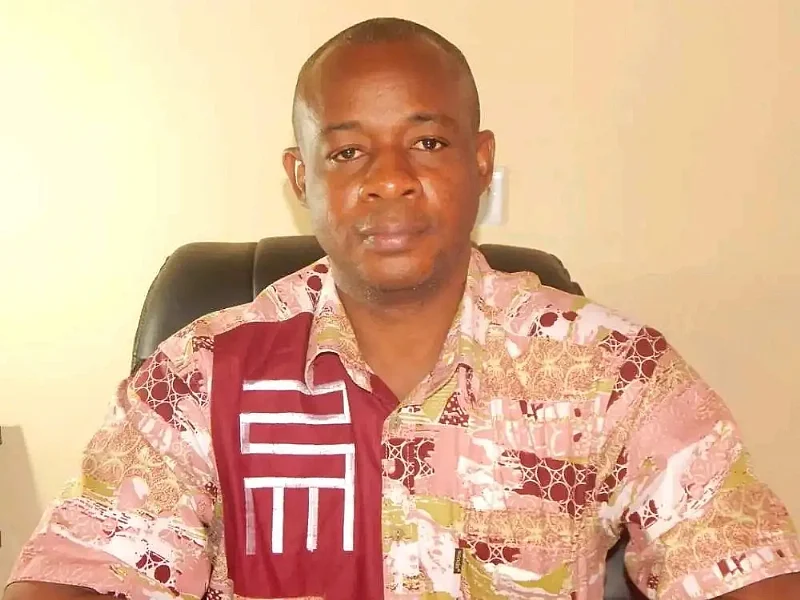
The outspoken security analyst did not mince words about how such practices became entrenched. He accused the previous administration and elements within the security establishment of institutional sycophancy.
He added that these decisions to provide security service for the EC chair, the Attorney General, and other government officials using the military were not only improper but lacked proper foresight and judgement.
Broader Security Philosophy
Dr. Bonaa’s criticism extended beyond the Electoral Commission to broader security deployment principles in Ghana.
“You do not deploy the military just like that,” he warned, reiterating his long-standing opposition to military presence during civilian “demonstrations,” stating that the military should not be brought in for public order maintenance.
“You do not deploy the military and give them blunt ammo or rubber bullets,” he added. As the lead public servant overseeing Ghana’s policy framework on small arms and public safety, Dr. Bonaa clarified that his remarks were not personal but grounded in his mandate and professional experience.
The withdrawal of military personnel from the Electoral Commission Chair’s security detail has sparked mixed reactions.
However, with voices such as Dr. Bonaa’s backing the move, it appears the government’s effort to reassert professional boundaries within Ghana’s security services is gaining traction.
READ MORE: Unchecked Raw Cashew Exports Threaten Jobs and Undermine 24-Hour Economy Policy – ACPG Raises Alarm

